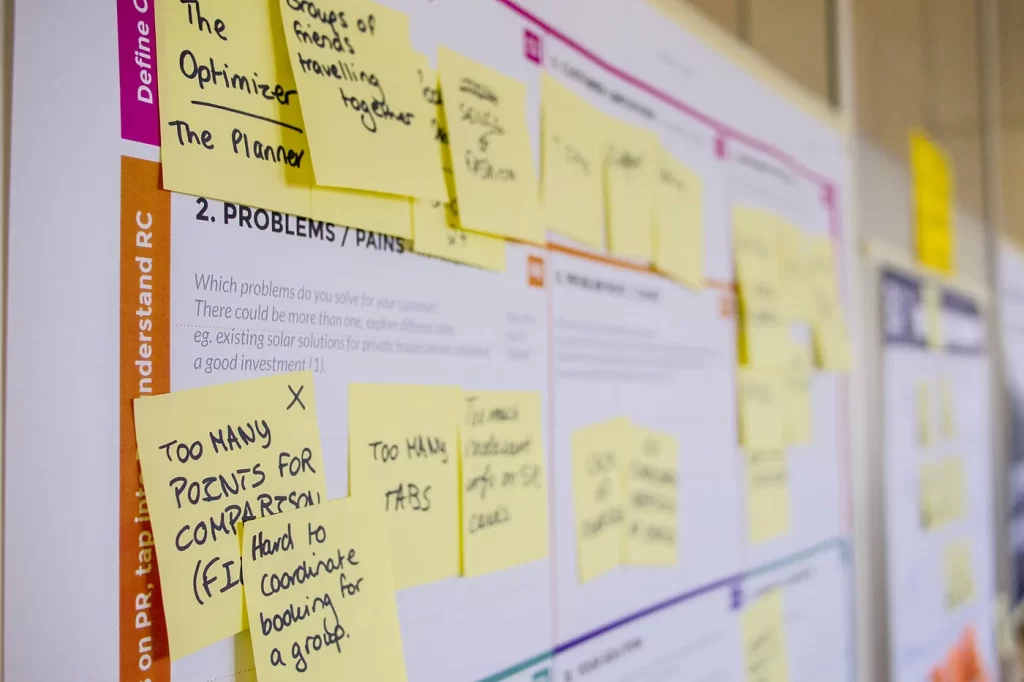I recently came across an article by David Perell where he talks about getting over the Originality Disease and adopting Imitate, then Innovate as a learning model. This article inspired me to wonder and analyze these concepts and here is my take on it.
Imitation and innovation are two distinct skills that complement each other. To be able to create something impactful one must first understand the nature of the two
Imitation is when you take (copy) something as it is, while innovation is a layering skill. Without a strong foundation, you cannot build a strong building. However, this frame lacks a key element which is your purpose of learning a particular skill.
“Imitate, then innovate with purpose.”
David arrives at an interesting learning from his interaction with a director after watching a film together. He says “I learned that creators consume art differently than consumers”. This simply means that the director consumed the film with the purpose to learn techniques so that he can create a better film. While David’s purpose was entertainment which he achieved. In this place, if it was a teacher with a purpose to add value in the learners’ life or an architect with a purpose to build sustainable structures, the way they consume the film would be different too.
What we often do is, imitate what catches our eyes (strategies or actions), which comprises only a small part of the skill. This often makes us feel inauthentic and we fail.
What we miss out on (which is a large part of imitating) is the thinking, values and beliefs that drive those strategies or actions.
Any skill you learn has a bunch of sub-skills attached to it, when you list them down, you get clarity on what needs imitation and what needs innovation.
Let’s take the cooking example from the article and break it down with this frame.
David says “Following a recipe can make you a great dinner host, but it won’t turn you into Gordon Ramsay.” Again, If your purpose to learn cooking is to be a great dinner host, you might follow the steps from a recipe book, which might turn out okay, but might lack the soul, because you only took the steps and not the thought process, values and beliefs that it was layered on.
If your purpose was to become like Gordon Ramsay, you would adopt his values and beliefs that revolve around his purpose of achieving culinary perfection and master the basic skills of cooking like boiling, frying, tempering, blanching etc. through imitation and layer it with your soul expression.
The same goes for art or writing or any skill you pick.
When I broke this to myself, the originality disease did not have a base to exist. Because the meaning of originality shifted from “creating something that has never been created before” to “mastering the basic skills through imitation and innovating to meet your purpose.”
In conclusion, Imitate, then Innovate is a great model when you have clarity on your purpose, breakdown of the skill and understanding of what needs imitation and what needs innovation.
Try it out and let me know how it worked (or didn’t) for you in the comments section below.

